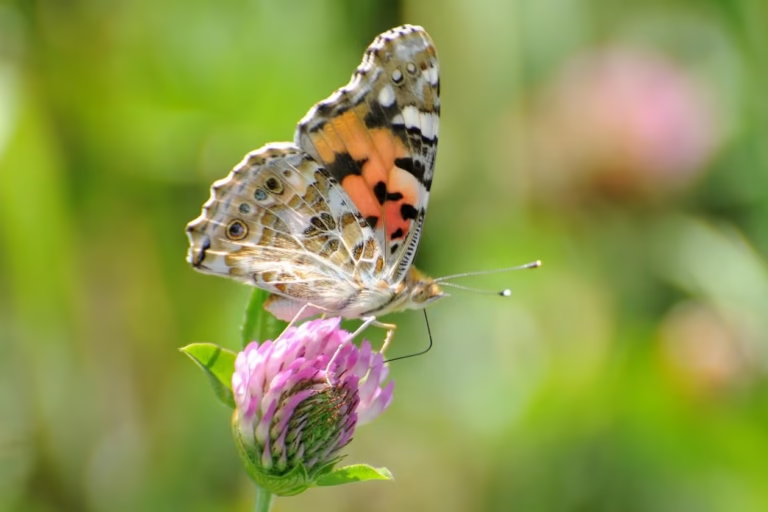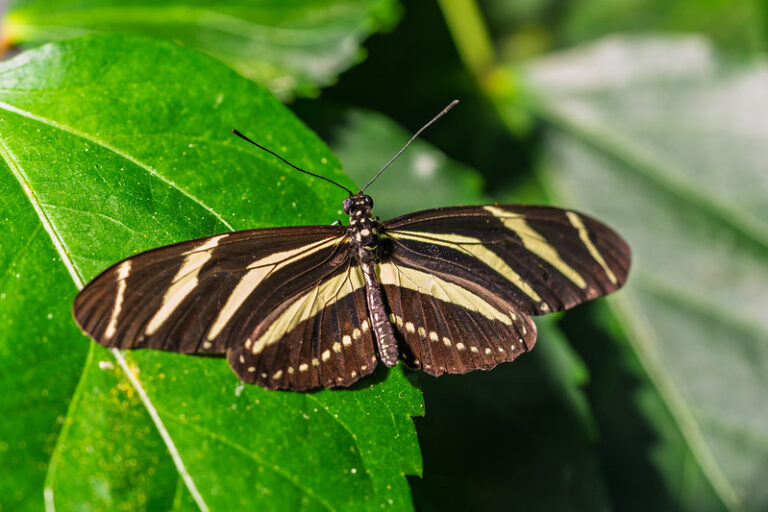Indications of Understorey Management Practices impact on Vascular Plant and Arthropod Diversity in Olive Groves on Lesvos, Greece
This study investigates the impact of three understorey management practices – herbicide application, understorey clearing, and undisturbed understorey – on the biodiversity of plant and arthropods in olive groves in the Gera region on Lesvos, Greece. The study found that herbicide application had a negative effect on plant diversity, but less pronounced effects on arthropods….








